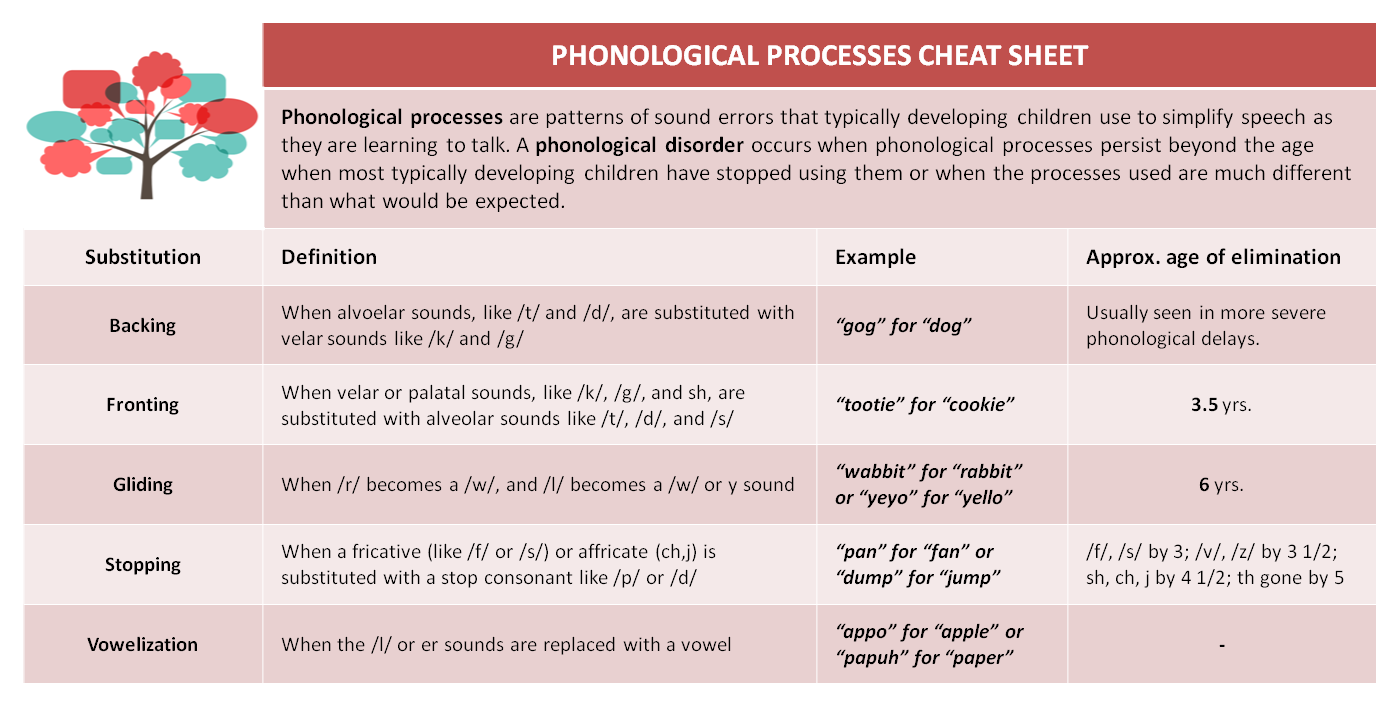

In most cases, this indicates that your child is progressing well and is capable of learning new skills quickly. It is normal for your child to be deficient in FCD, and you should not be concerned if he or she does not reach it until later in life. Because children will make more errors as they use FCD, and it may take longer for them to develop their muscle memory, it may take longer.

It is certainly true that many children can reach this stage before the age of six or seven, but many children will not be able to speak fluently with FCD until they are older, usually around the age of eleven or twelve. Typically, this is the time when a child is able to produce sounds correctly without making any mistakes. Most experts agree, however, that by the age of four, children should be able to speak with complete, correct consonant deletions.

This question has no singular answer because it is heavily influenced by a child’s specific needs and development. Phonological Processes (Patterns) *Assimilation (Consonant Harmony) As a result of the elimination process, one sound becomes the same or similar to another in the word ProcessDescriptionLikely Age of Elimination** Final Consonant Deletion of the final consonant of a word313 rows When Will My Child Be Able To Speak Correctly With Full, Correct Consonant Deletion? What Age Does Final Consonant Deletion Stop? This is when children learn to produce all of the sounds of their language and they learn the rules for putting these sounds together to form words. Most phonological processes are suppressed by the age of four or five. What Age Are Phonological Processes Suppressed? Credit: Pinterest Ultimately, the decision should be based on what is best for the individual child. There is no right or wrong answer when it comes to determining the assimilation age of suppression for phonological processes. This is because they may need more time to learn the new phonological process. Other children may benefit from a longer assimilation age of suppression. This is because they may be able to learn the new phonological process more quickly. Some children may benefit from a shorter assimilation age of suppression. The answer will vary depending on the individual child’s needs. The reason for this is because there is no one-size-fits-all answer to this question. It is difficult to determine when the assimilation age of suppression should be for phonological processes.


 0 kommentar(er)
0 kommentar(er)
